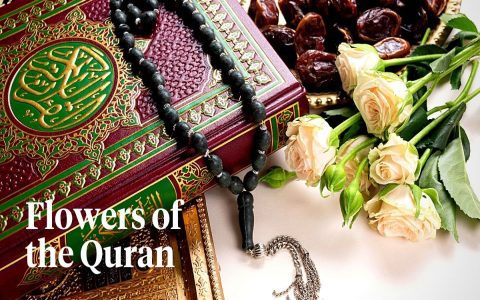The name Jamir carries a layered meaning rooted in Arabic origin, signifying "beautiful," "handsome," or "good-looking." While it carries significant cultural weight and religious connotations in certain contexts, its meaning and usage extend beyond any single faith.
Core Meaning & Origin
Jamir (جمير) is fundamentally an Arabic name derived from the root J-M-R (ج-م-ر), which relates to concepts like embers, coals, or gatherings. Its core interpretation translates to beautiful, handsome, or good-looking.
Religious Significance
Primarily associated with Islamic culture due to its Arabic roots:

- While not explicitly found in the Quran, it falls into the category of names appreciated within Muslim communities for their beautiful meanings.
- The emphasis on positive attributes like beauty and goodness aligns with Islamic values praising admirable qualities.
- It is used within Muslim communities globally, reflecting Arab/Islamic cultural heritage.
Its use is not restricted to followers of Islam. Individuals from various religious backgrounds appreciate and bear the name, often drawn to its core positive meaning.
Cultural Significance
Beyond religion, Jamir holds cultural resonance:
- Geographical Spread: While common in Arab nations and among Muslim populations worldwide (South Asia, Southeast Asia, Africa), it also sees usage in the Americas and Europe.
- Variations & Popularity: Forms like Jameer, Jamire, or Jamier exist. Its popularity varies significantly by region and decade.
- Modern Appeal: Its pleasant meaning and distinct sound contribute to its continued use as a given name for boys.
In essence, Jamir is an Arabic name meaning "beautiful" or "handsome," holding particular significance within Islamic cultural contexts due to its linguistic origin and positive meaning, while also being used by individuals of diverse religious backgrounds who value its inherent significance.








